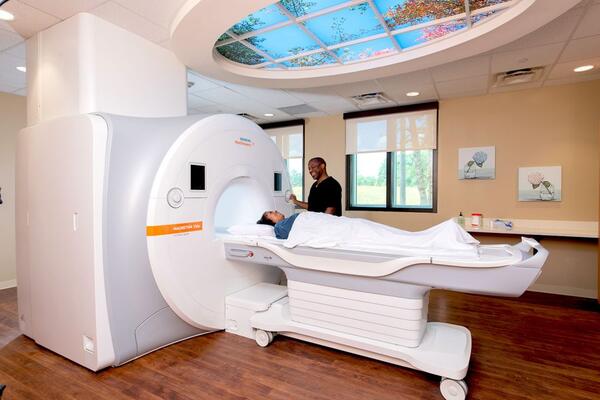
MRI Scan: What You Need to Know
MRI is a medical term that is used for the process of scanning a person’s body to discover what is happening inside the body. MRI is an acronym for Magnetic Resonance Imaging, and is computer-generated radio waves that create and display a digital image of the body, its organs, and the tissues in the body.
MRI machines are big and bulky, large, tube-shaped magnets that create a magnetic field once you are laid down inside the tube-like structure. The magnetic field inside works using radio waves and hydrogen atoms to create cross-sectional images of the body. Almost like looking at a slice of bread.
Going one step further, MRI machines these days can now create and produce 3D images of the area in question, allowing medical professionals to view these areas from different angles. With this type of medical advancement, you can expect to pay out a fair share. However, an MRI scan in Bucharest at Biomed Scan may be one way you can afford a scan and a vacation at the same time.
When is an MRI Scan Used?
An MRI scan is used when there is a need to investigate or diagnose a condition that affects soft tissue areas of the body. These include:
- Tumors, including cancers
- Soft tissue damage, such as ligament damage
- Joint disease or injury
- Spinal cord disease or injury
- Injury or disease of internal organs that includes the brain, the heart, and the digestive tract and organs.
Clear and detailed images of the soft tissues in the body are provided by an MRI. This does not include the bones due to the fact that bones do not carry much water. Hence the fact that broken bone issues are observed through an x-ray rather than an MRI.
Notable Considerations Prior to an MRI Scan
Before any MRI scan, there are a few medical considerations that need to be taken into account. They are:
- Metal - metal objects have an effect on the magnets operating the MRI machine, and it is advisable to disclose any internal metal devices or components that are in your body. These include metal pins, a pacemaker, or a medication pump. DO NOT HAVE AN MRI SCAN IF YOU HAVE A PACEMAKER!
- Pregnant - the effects of MRI scanning on the fetus are yet unknown. Inform your doctor if you are pregnant or suspect that you may be.
- Fasting - it is advised that you should not eat or drink for at least 5 hours before the procedure on a pelvic or abdominal scan.
- Claustrophobia - Some patients do find that the confined space of an MRI scan can be the worst part of the entire ordeal. You may require some medication to relax you enough to go through with the procedure if your claustrophobia is too bad.
- Children - it may be necessary to provide a child with anti-anxiety medication before an MRI scan is conducted.
An MRI scan is not always essential; they do, however, help medical professionals provide patients with the very best service they can, making getting to the heart of the problem a masterpiece of scientific and medical engineering combined.